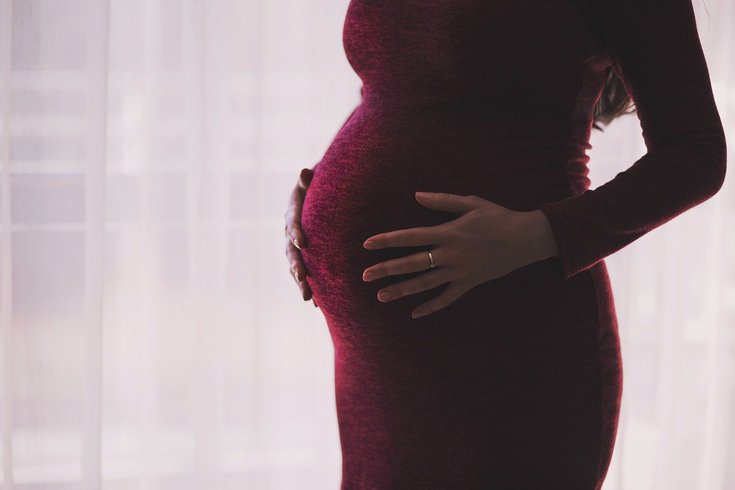
November 03, 2020
 Pexels/Pixabay
Pexels/Pixabay
Pregnant women should take extra precautions to avoid unnecessary contact with people who have been exposed to or infected with SARS-CoV-2.
Women who contract COVID-19 while pregnant are more likely to experience severe complications than other women, and may deliver prematurely, the Centers for Disease Control and Preventions says.
These new findings are based on two new CDC studies.
In one of the studies, pregnant women were more likely to be admitted to an ICU, and receive invasive ventilation and extracorporeal membrane oxygenation to support the heart and lungs.
The researchers also found that pregnant women with COVID-19 have a 70% increased risk for death, particularly those women between the ages of 35 and 44. Black women accounted for a disproportionate number of both deaths associated with pregnancy and overall COVID-19 mortality.
The data for the study was collected between Jan. 22 and Oct. 3 on approximately 400,000 women with symptomatic COVID-19. All of the women were between the ages of 15 and 44.
Another CDC study found that not only were pregnant women with COVID-19 more at risk for complications related to the virus, they were also at greater risk for preterm birth and pregnancy loss.
This second analysis included 3,912 infants born to women with SARS-CoV-2 between March 29 and Oct. 14. Almost 13% of the babies were preterm, a number higher than the national estimate of 10.2%.
Among the 610 infants who had testing results, 2.6% tested positive for COVID-19. Most of these babies were born to women with an infection at delivery.
Eight of the infants with a positive COVID-19 test were born prematurely and admitted to a neonatal intensive care unit.
"Because the majority of pregnant women with COVID-19 reported thus far experienced infection in the third trimester, ongoing surveillance is needed to assess effects of infection in early pregnancy, as well as the longer-term outcomes of exposed infants," the CDC wrote.
Pregnant women need to be informed of their greater vulnerability to the virus as well as the potential risks for their babies so they can take proper precautions. It's especially important to limit unnecessary interactions with people who may have been exposed to or infected with COVID-19 as much as possible, the federal agency added.